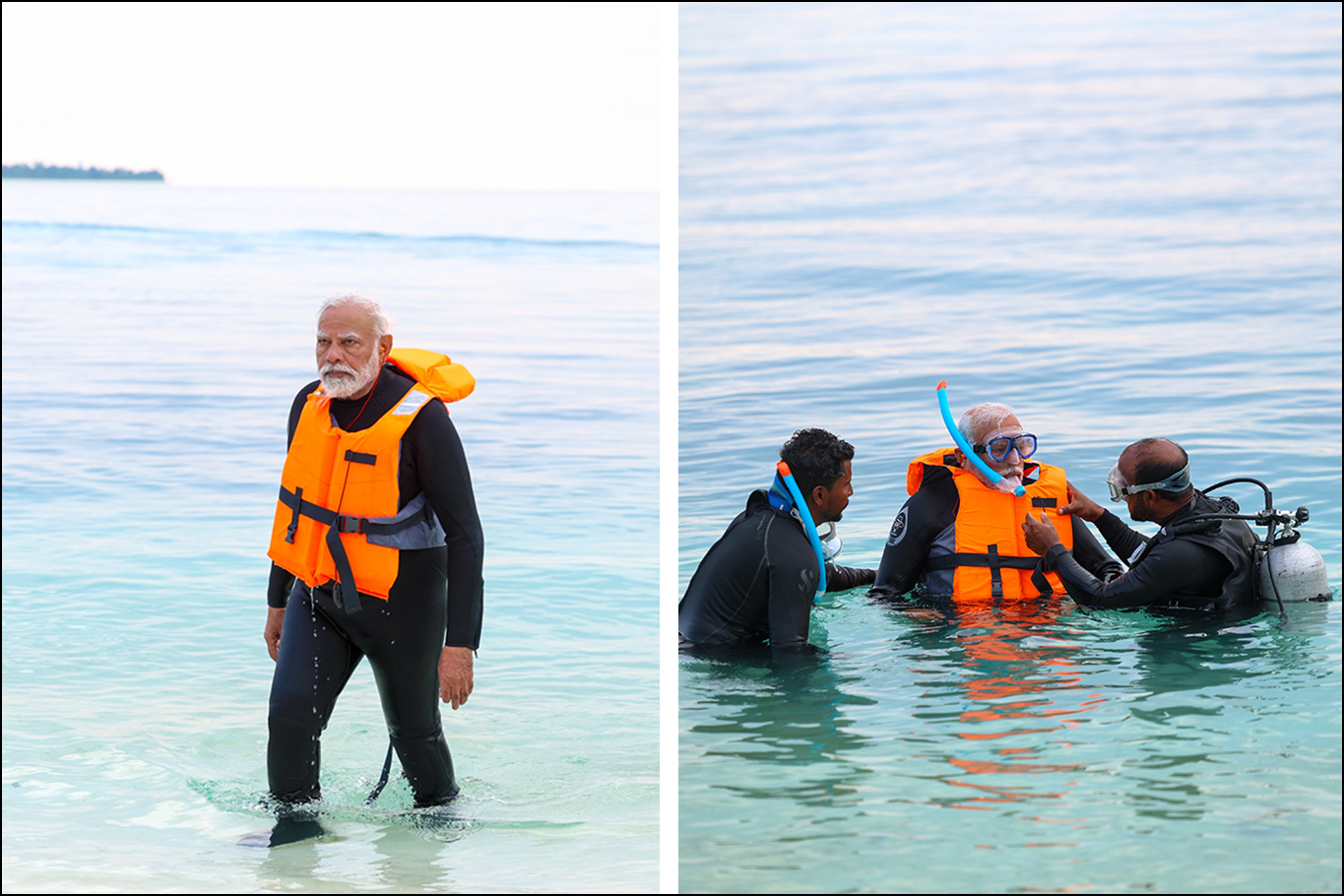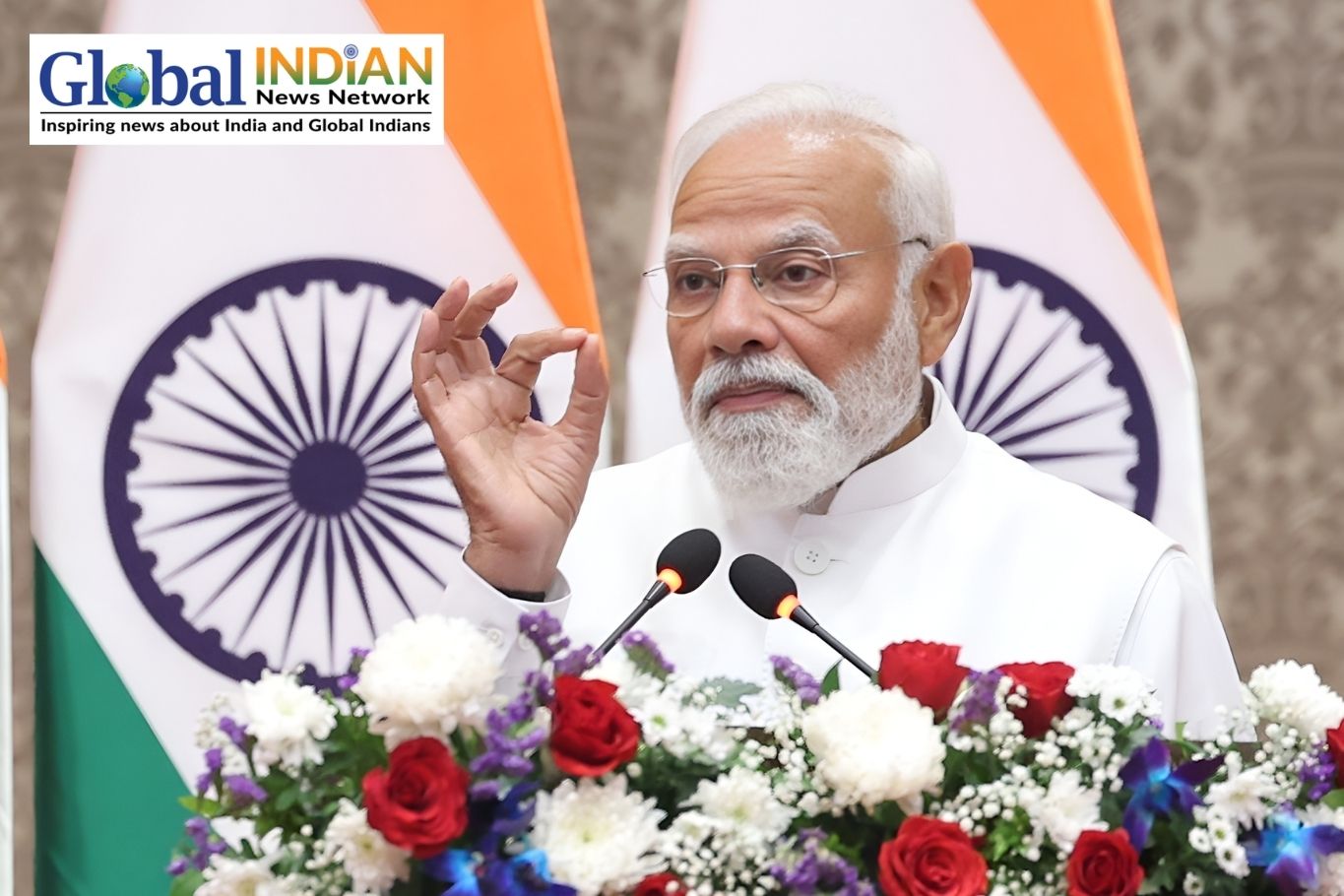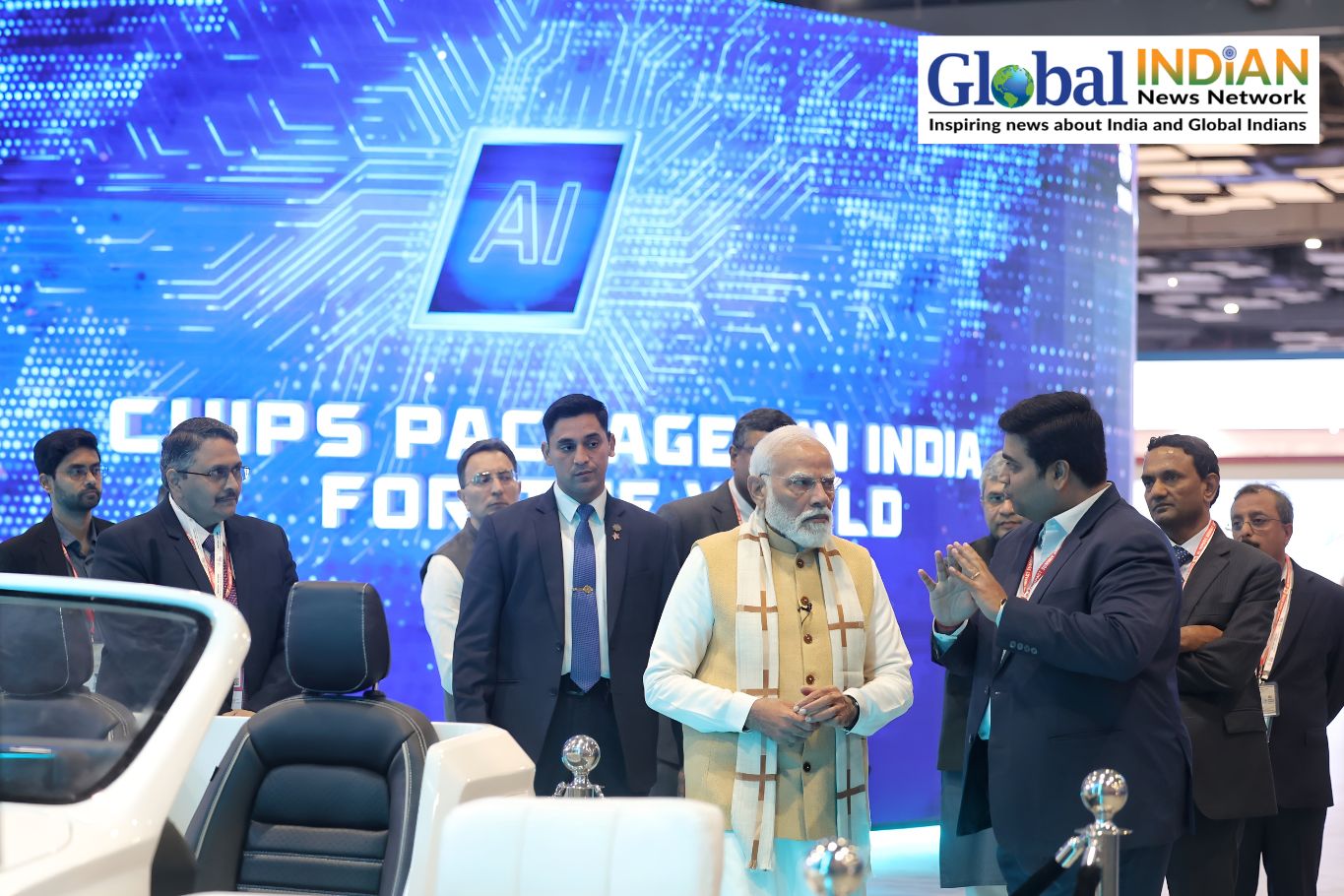 Recently, global Google searches for Lakshadweep have surged to their highest point in the last two decades, exhibiting a remarkable spike reminiscent of a hockey stick graph. This surge in interest is strongly correlated with Prime Minister Modi’s visit to Lakshadweep, where he stayed overnight, explored the beaches, and engaged in adventure activities like snorkeling. The controversy stirred by the Maldives deputy minister and other officials, who made disparaging remarks about PM Modi’s Lakshadweep visit, likely contributed to the heightened curiosity about the archipelago.
Recently, global Google searches for Lakshadweep have surged to their highest point in the last two decades, exhibiting a remarkable spike reminiscent of a hockey stick graph. This surge in interest is strongly correlated with Prime Minister Modi’s visit to Lakshadweep, where he stayed overnight, explored the beaches, and engaged in adventure activities like snorkeling. The controversy stirred by the Maldives deputy minister and other officials, who made disparaging remarks about PM Modi’s Lakshadweep visit, likely contributed to the heightened curiosity about the archipelago.
In response to the controversy, Indians, including prominent figures in cricket and film, have rallied in support of promoting local beach destinations and tourist spots. They have also endorsed PM Modi’s initiative to boost beach tourism in Lakshadweep. On January 2, PM Modi shared pictures of his Lakshadweep visit on social media, showcasing the pristine white beaches, azure skies, and ocean views, encouraging adventure enthusiasts to consider Lakshadweep as a must-visit destination.
Significantly, a considerable proportion of tourists arriving in the Maldives are of Indian origin. Amid the Lakshadweep row, the Maldives Envoy to India, Ibrahim Shaheeb, visited the Ministry of External Affairs in New Delhi. The controversy escalated when the Maldivian Deputy Minister of Youth Empowerment, Shiuna, posted mocking and disrespectful comments about PM Modi, although the Maldives government distanced itself from these remarks. Maldivian Minister of Foreign Affairs Moosa Zameer emphasized that such comments against foreign leaders are unacceptable, emphasizing the Maldives’ commitment to positive and constructive dialogue with all partners, especially neighbors. Zameer stated that the remarks do not reflect the official position of the Maldives government and reiterated their dedication to maintaining respectful relationships based on mutual understanding.









